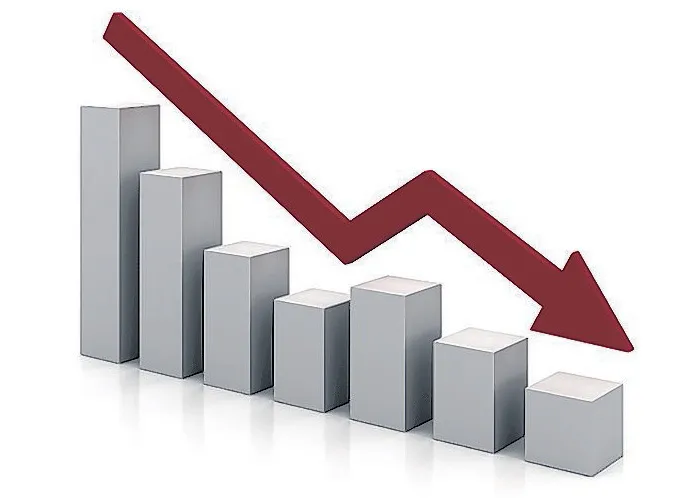Opinion polls make very interesting, if unreliable, reading.
This is demonstrated in the WIN-Gallup Religion and Atheism survey. Based on responses from 51,927 participants in 57 countries during 2012 it seems to indicate a decline in religion since 2005. The global average indicates a rise of 3% in those claiming to be atheists and a decline of 9% in those describing themselves as religious. Stand-out figures include the results from Ireland, which indicate a 22% drop in those claiming to be religious since 2005, coming second to Vietnam which experienced a 23% drop. Of interest to Western evangeli-calism is the drop of 13% in those claiming to be religious in the United States, from 73% to 60%. How will that translate into America’s cultural exports of films, books, sit-coms and pop music? More detailed figures from the UK 2011 census fit the pattern and indicate that 25% of our country does not consider themselves religious.
Misleading statistics?
So how do we interpret this information? One claim might be that atheism is winning the culture wars, and Christianity is fading away. But statistics can be misleading. After all, Richard Dawkins presumably would not claim credit for the decline of religiosity in Vietnam. In fact, while Vietnam showed the greatest decline in those considering themselves religious, it also showed a 0% rise in those claiming to be atheist. What does a survey participant mean when they say that they do not consider themselves religious? I am a Christian. I teach theology. I pastor a church. Am I religious? It’s not a term I like to use!








